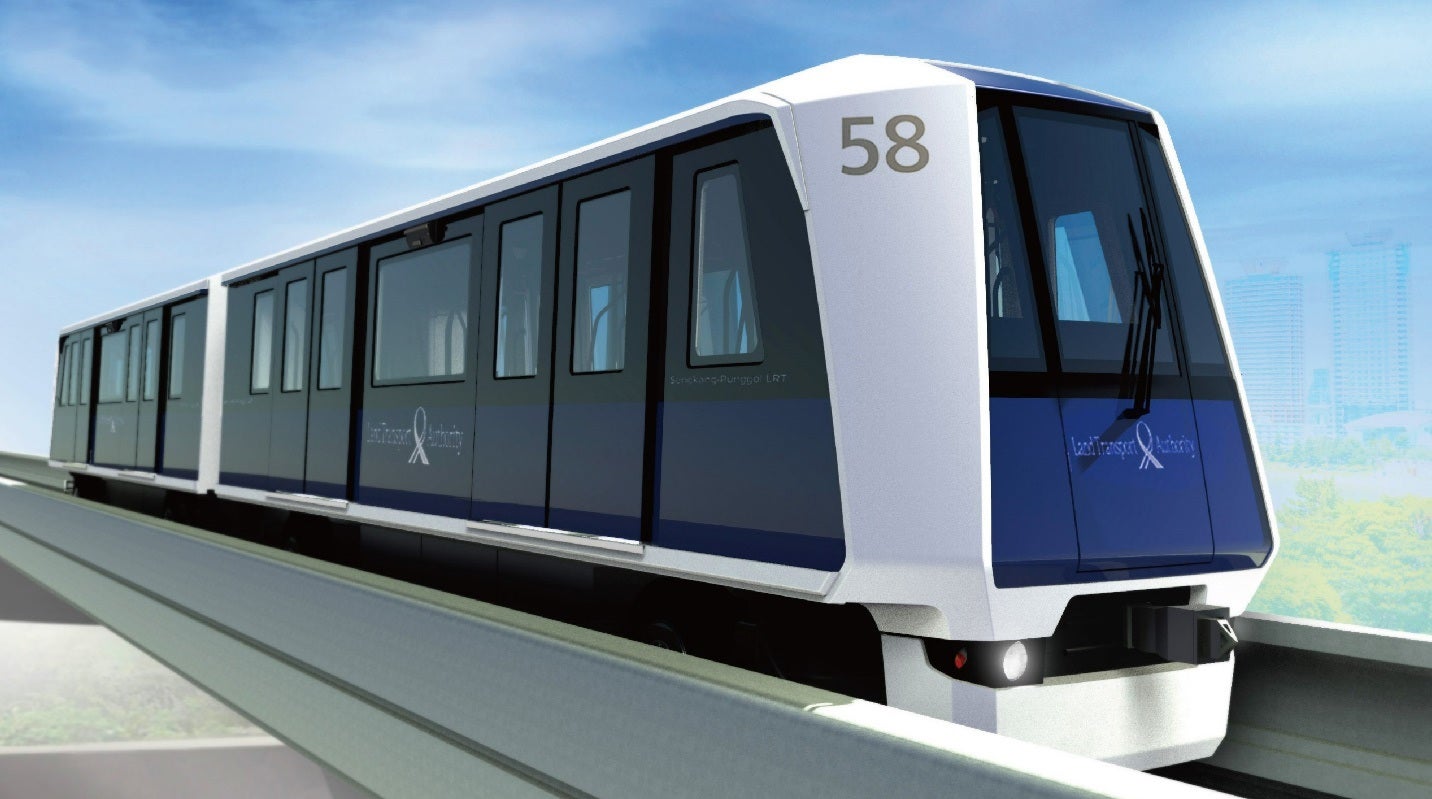
Singapore’s Land Transport Authority (LTA) has awarded two contracts, with a combined value of $442.8m (S$596m), for new trains and a depot expansion for Sengkang-Punggol LRT (SPLRT).
Worth around $326.1m (S$439m), the first contract has been awarded to a consortium of Mitsubishi Corporation, Mitsubishi Heavy Industries Engineering, and Mitsubishi Heavy Industries Asia Pacific.

Discover B2B Marketing That Performs
Combine business intelligence and editorial excellence to reach engaged professionals across 36 leading media platforms.
Under the contract, the consortium will deliver 17 new two-car trains for SPLRT to boost the network’s passenger capacity.
It also includes the provision of guideway system, signalling system, along with depot equipment for the expanded depot.
Starting from 2024 to 2027, the new fleet will ‘progressively’ replace the current one-car trains.
The aim is to fulfil long-term public transport demand in the towns of Sengkang and Punggol.

US Tariffs are shifting - will you react or anticipate?
Don’t let policy changes catch you off guard. Stay proactive with real-time data and expert analysis.
By GlobalDataAt present, the SPLRT fleet comprises 16 two-car trains and 25 one-car trains.
Furthermore, the LTA awarded a civil contract worth around $116.6m (S$157m) to Sato Kogyo (S) to deliver the SPLRT depot expansion project.
The firm will design and build the expanded depot at the SPLRT to increase stabling capacity and space for maintenance facilities.
As part of the expansion plan, the 3.5ha SPLRT depot will be expanded to 11.1ha with two new reception tracks to reduce train launching time.
The expanded SPLRT depot, located above the North East Line’s depot in Sengkang, will also feature three new traction power substations to facilitate the two-car trains’ operations.
Sato Kogyo will start the SPLRT depot expansion works in Q1 2022, with completion anticipated by 2027.



